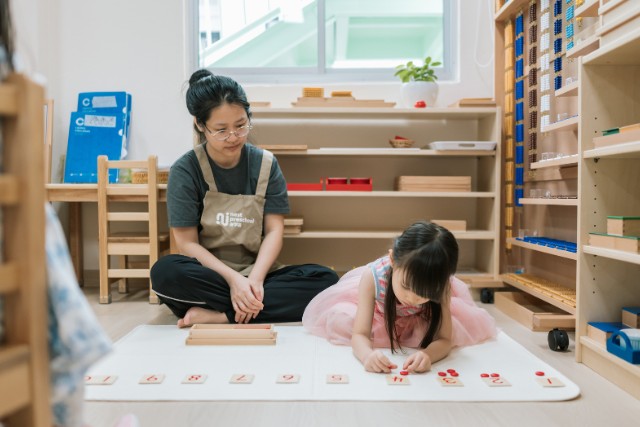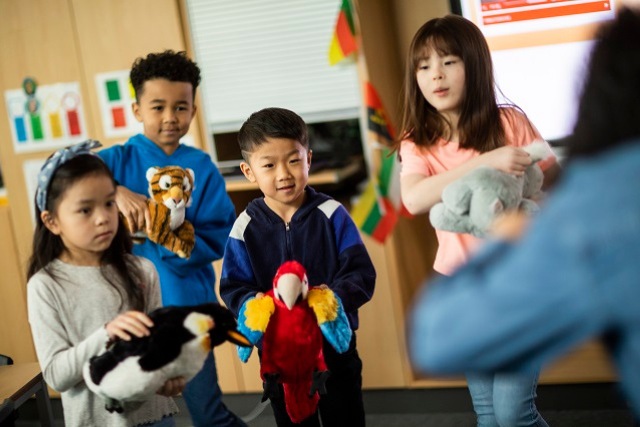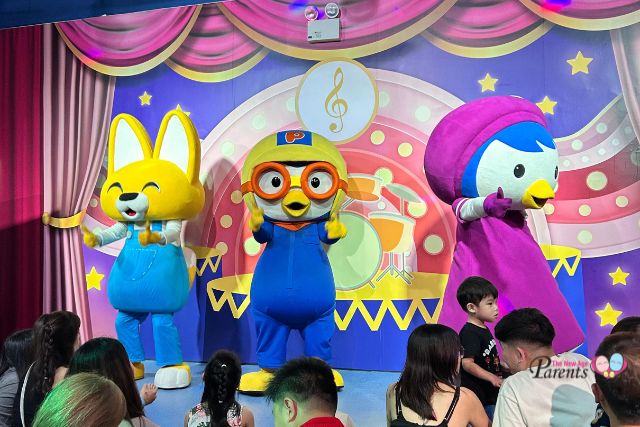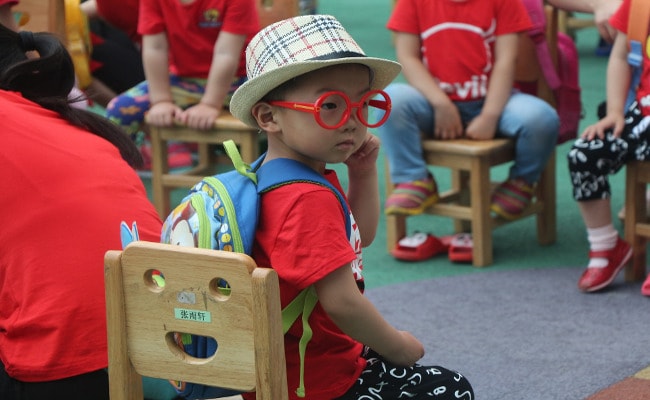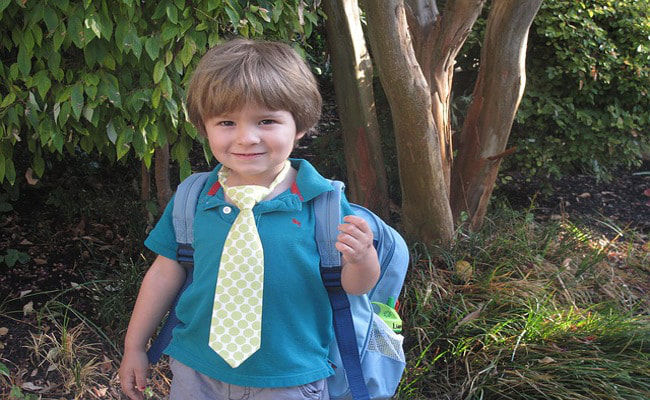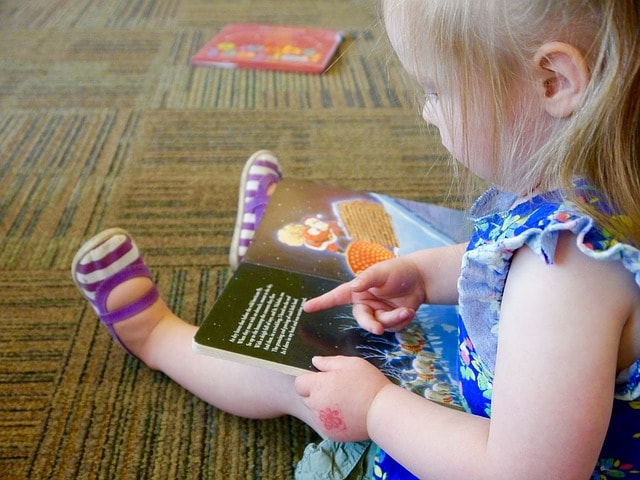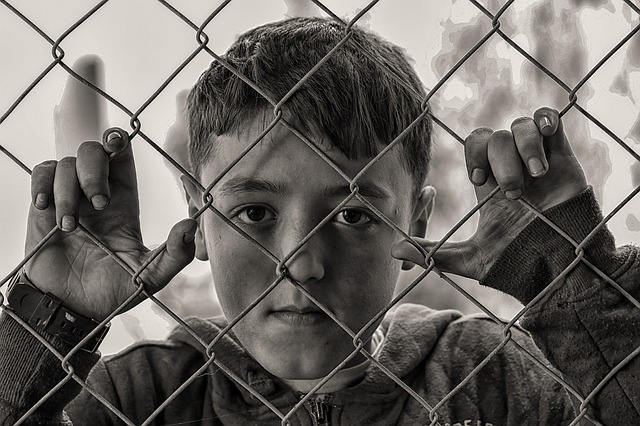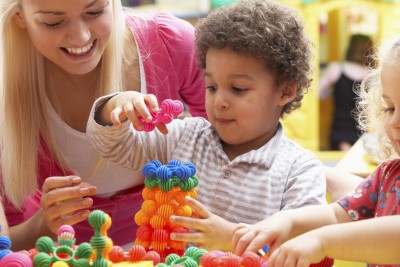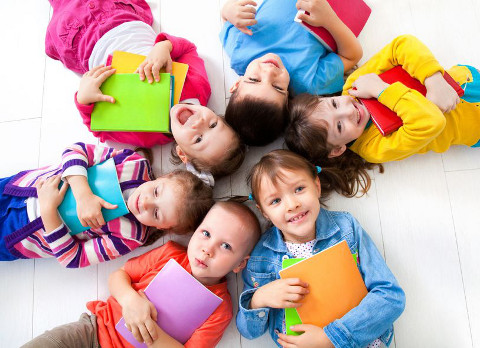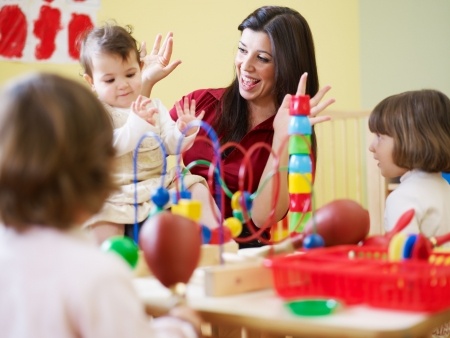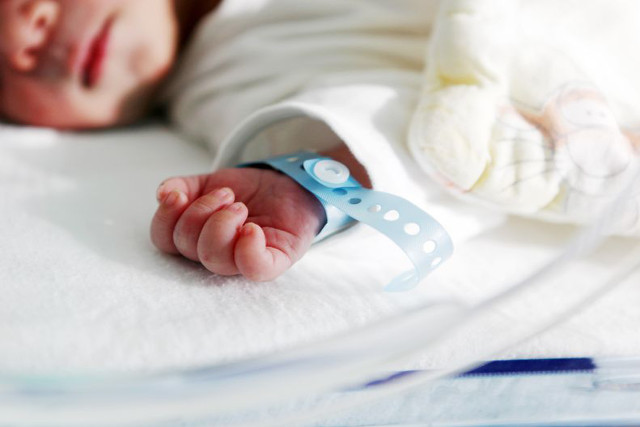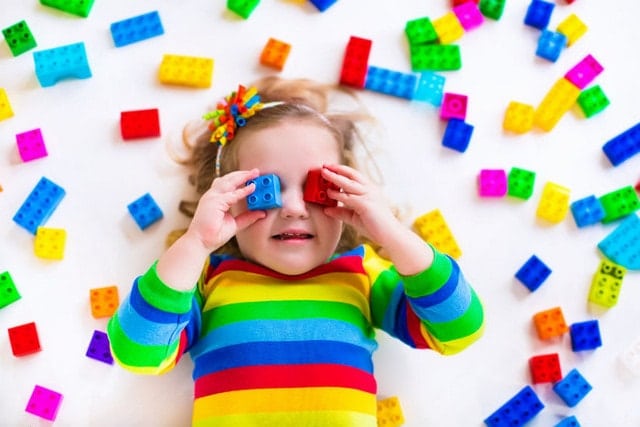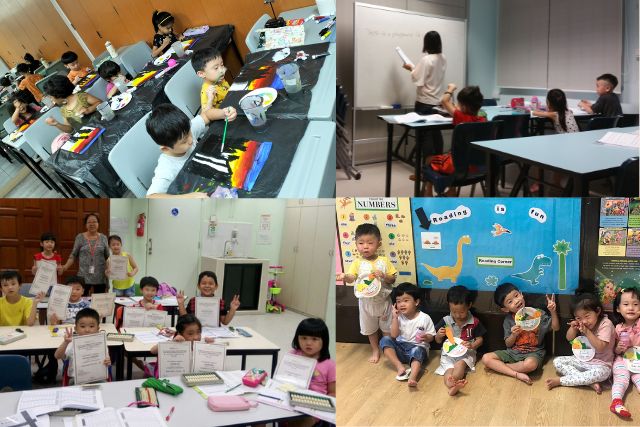At some point in time in our lives, we have to deal with changes. While some of us deal with changes more readily, there are also those who are resistant to them. As adults, we find ways and strategies to help ourselves cope with such transitions. It is pretty much the same with toddlers, but these small ones would need us to help them find a coping mechanism.
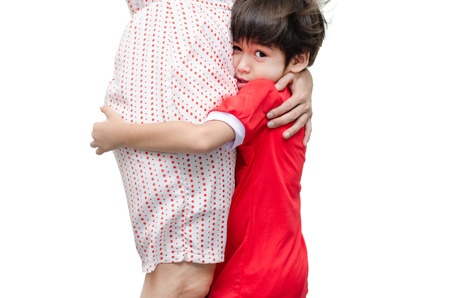
Attending a new school
Contrary to beliefs that toddlers are unaffected by changes, the fact is that changes do affect them to a certain degree, and emerging out of such situations successfully develop their sense of resiliency – the ability to cope with future challenges and changes. It is just that toddlers usually lack the language to describe their emotions, and/or they react through physical means, hence they are often misinterpreted as being ignorant or difficult.
As parents, there will come a time when you have made the decision to place your child into a half-day or full-day kindergarten or childcare. Or it could be having the need to transfer your child to a new school, after having attended one for a period of time. Either way, a toddler who is in the egocentric stage of development would pretty much see the change from their own perspective, not yours. And it would pretty much seem like this:
“Why are daddy and mummy sending me to this place called ‘school’? Is it because they don’t want to be with me anymore? Do grandma and grandpa not want to play with me anymore?” “Where is Teacher Sandy? I miss playing with Jake. I want the red trains, where are they? Everything is new here and I don’t know what to do. I want to go back to (old) school!”
What can I do?
It is strongly recommended that parents begin to prepare their toddlers for the new school at least three weeks before the actual change. As much as possible, work with the old and new class teachers aid in the transition. Here are 9 suggestions.
1. Photographs

Take photographs of the school that your toddler will be attending. Find interesting features that could excite your toddler and talk to him/her about them. It could be the playground, a specific toy, or even furniture.
Additional tip: Compare photographs of the old and new school to find similarities and create excitement about new features of the new school.
2. Countdown Chart
Use a calendar or print one off the Internet and decorate the “date” of change with your toddler. Strike off the dates together each evening, as you countdown to it, emphasizing that “this is the day that you will be going to your new school”.
Additional tips: To make the countdown even more fun, use a moving pin instead, which can be designed with a photo of your toddler, moving towards the date of change.
3. Books
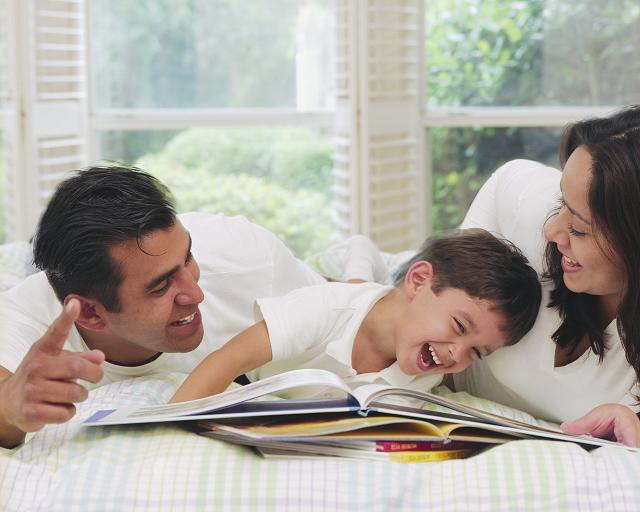
If your toddler enjoys stories, the best way is to read stories about going to a new school. Talk about the pictures together, wonder how the character is feeling and share with your toddler what he/she can expect in the new environment and routine.
Additional tip: Some reads (for a range of age-group) include:
- Wilberforce Goes to Playgroup by Margaret Gordon
- Maisy Goes to Preschool by Lucy Cousins
- Let’s Go To School With Thomas by Britt Allcroft
- Going To Playgroup by Geraldine Taylor
- Kevin Goes To School by Liesbet Slegers
- Dinosaur Starts School by Pamela Duncan Edwards
4. Acknowledge emotions
If your toddler is able to verbalise his/her thoughts, talk about how he/she is feeling and share about how you are feeling. It is okay to share that “Daddy and mummy will be worried when you are in school while we are at work, but we know that the teacher will be taking good care of you, and you will be having fun with your friends”.
Additional tip: Talk about certain emotions that may arise while in the new school, and how your toddler can cope with the emotion. For example, ‘when you miss us, you can …”.
5. Adjustments
Find out about the schedule of the school. Starting school may mean that your toddler has to wake up earlier every day, or meal times may need some changes. If your toddler is enrolled in a full-day childcare programme your toddler will also be having naps in school. Help your toddler cope ahead of the change by adjusting nap times to be on par with the school.
Additional tip: Find out from the teachers whether there are any other areas that you can help your toddler to adapt to first. For example, some schools may have a “diaper-free” policy, and potty training has to begin from home.
The battle does not end just upon entrance of the programme. It is inevitable that toddlers may develop to varying degrees a sense of separation anxiety – even toddlers who have been to a similar programme before.
6. Family photo
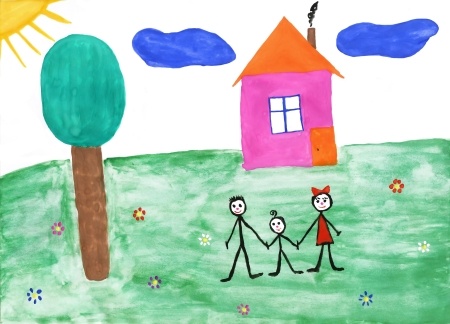
Make a small size family photo readily available in your toddler’s bag, or placed in their school cubby.
Additional tip: If you happen to have a class photo or photos of friends from the previous school, tuck the photos into the bag too!
7. Comfort item
Give a comfort item for your toddler such as a familiar toy or item from home, or even an item from you such as a keychain or card (eg: ezlink card) that your toddler can associate with you. Assure your toddler that you will be back later to take the item from him/her.
Additional tip: Ensure that the item is something that the toddler can identify with. A name card with just your name will definitely not be as effective as an ezlink card that your toddler may have helped you to tap onto the bus everyday.
8. Visual timetable
After understanding the flow of the schedule in school, you may even want to draw a visual flow of events of the school day for your toddler to refer to. Indicate when the “pick-up” time will be. A visual timetable may not indicate the exact numerical time.
9. Home-School Partnership
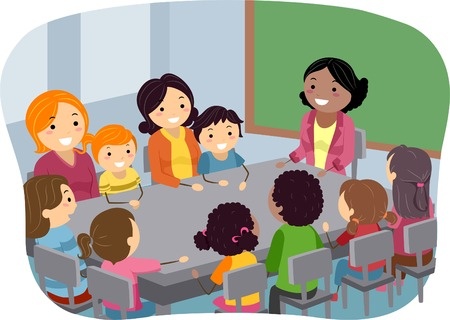
Work closely and initiate conversations with the new teachers to find out how your toddler is coping in school, after your departure. Seek further advice from them should the transition from home to school and separation continues to be a challenge, and find a better strategy that can be customize to suit the needs of your toddler.
Additional tip: In the event that your toddler may miss his/her old teachers and friends, get them to draw pictures that you can send to them, or perhaps even arrange a visit back to the old classroom or play dates with old friends.
Never…
Transitions and changes can be difficult for toddlers, who may have yet to develop coping mechanisms. Never assume that toddlers will be able to work through the feelings of change by themselves, or spring on a surprise change on them. As much as possible, prepare them for the changes and be that secure base that they can trust and rely on.
What’s next?
Reactions to a new school will vary from toddler to toddler. While certain toddlers may have more intense reactions, there will also be some who may ease through the change easily. It may take a while for some toddlers to develop trust and attachment with their new caregiver, so give your toddlers some time, continue to communicate with the caregiver and be creative with ideas to ease the change!
By Melisa Neo
* * * * *
Like what you see here? Get parenting tips and stories straight to your inbox! Join our mailing list here.
Want to be heard 👂 and seen 👀 by over 100,000 parents in Singapore? We can help! Leave your contact here and we’ll be in touch.












